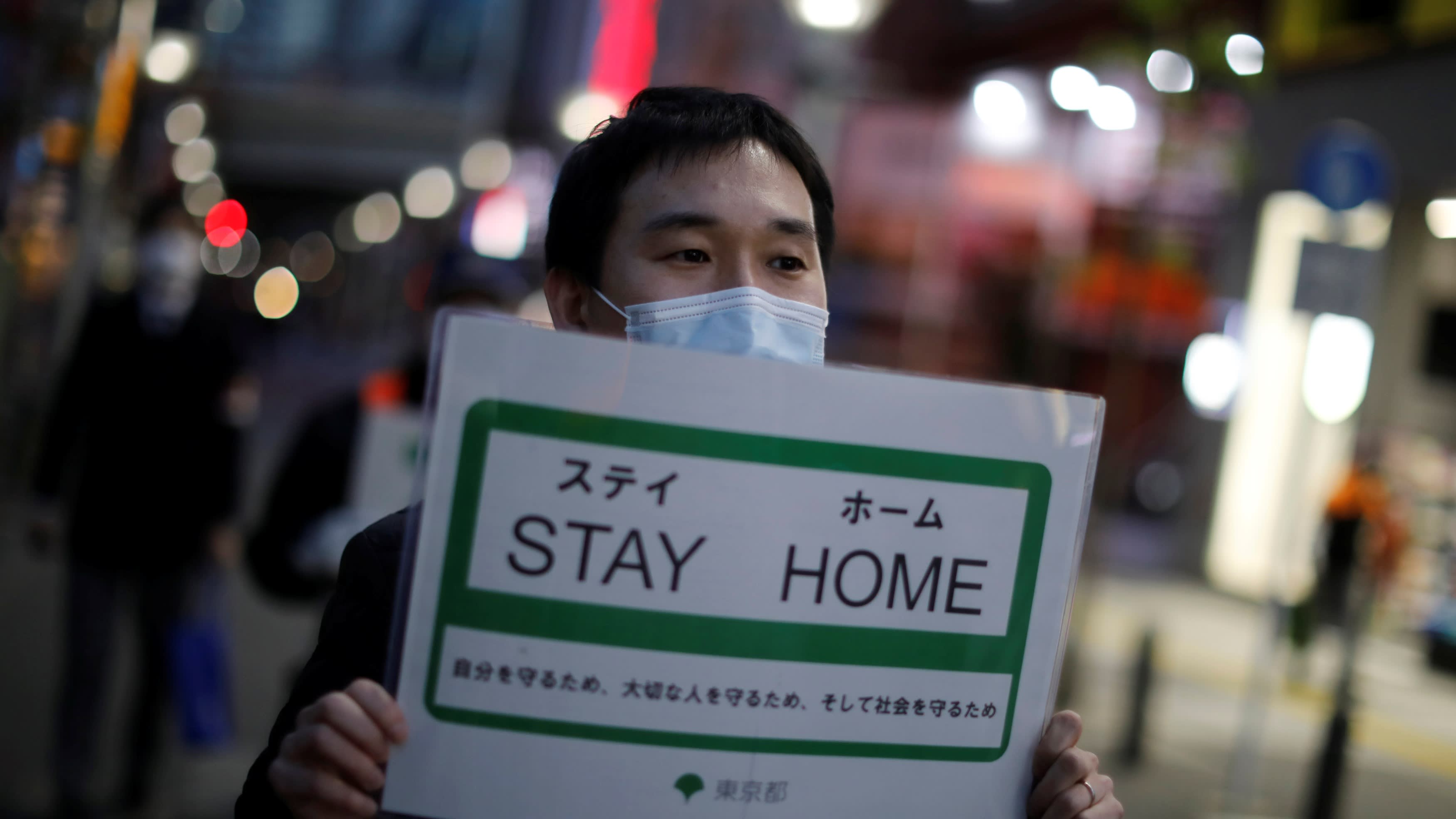Virus pandemic may force Japan to give up RCEP agreement in 2020
Kyodo News - 14 April 2020
Virus pandemic may force Japan to give up RCEP agreement in 2020
By Tomoyuki Tachikawa
With the new coronavirus pandemic hindering the progress of talks for the world’s biggest free trade pact involving 16 Asia-Pacific countries, Japan may be forced to give up reaching the deal this year in the face of domestic opposition.
Japan is likely to place a top priority on shoring up the nation’s virus-hit economy for an extended period, which would make it more difficult for Prime Minister Shinzo Abe to promote free trade agreements including the Regional Comprehensive Economic Partnership.
Expanding free trade is certain to undermine profits of some sectors in Japan, such as agriculture, as the elimination and reduction of tariffs would result in an influx of cheap products from other countries.
"It would take long time to rebuild the economy hit hard by the virus spread and under the circumstances, Prime Minister Abe cannot make further victims even though he may want to leave a legacy on free trade," a Japanese government source said.
Accounting for half of the world’s population, RCEP, originally proposed by the 10-member Association of Southeast Asian Nations in 2012, brings together Australia, China, India, Japan, South Korea and New Zealand, as well as the ASEAN countries.
Since he took office in December 2012, Abe has been eager to strike free trade deals between Japan and other countries in an attempt to boost exports, a major driver of the nation’s economic growth. He has been keen to achieve RCEP, covering a third of the global economy.
At their summit in Thailand in November, the RCEP leaders pledged to sign an agreement on creating their free trade area in 2020, saying in a statement that 15 member countries without India have "concluded text-based negotiations."
India has warned that it could pull out of the RCEP talks, with its foreign minister arguing that the current contents of the pact would negatively impact "the lives and livelihoods of Indians, especially vulnerable sections of society."
If Abe pushes ahead with the RCEP negotiations before the economy recovers, "this would lead to a huge backlash in public opinion," the source said, adding, "Japan should put more emphasis on economic rehabilitation than on free trade, at least this year."
A survey released earlier this month of economists at private institutions showed Japan’s economy, the third largest in the world, is projected to shrink an annualized real 11.08 percent from the previous quarter in the April-June period.
Japan’s economic relations with China, meanwhile, would hamper the realization of the RCEP deal by the end of 2020, pundits say.
As the disruption of the supply chain stemming from the virus outbreak in China, the world’s factory, has taken a heavy toll on manufacturers, Abe’s government has been recently aiming to bolster production and consumption at home.
In early March, Abe said Japan should not highly depend on China for value-added manufactures and products, urging companies to move some of their factories to Japan from the neighboring power.
Japan’s degree of dependence on China for intermediate commodities has exceeded 20 percent in both exports and imports, the biggest level among the advanced economies, according to a document released by the government.
The Abe administration has decided to provide subsidies for firms to prompt them to return their production bases to Japan.
"The situation has drastically changed following the virus pandemic," said Junichi Sugawara, a trade policy expert at Mizuho Research Institute in Tokyo.
"Many of the RCEP countries have become wary of relying on China too much, given that they have been unable to import important components and products from China, in turn hurting economic activities since earlier this year," he said.
"More countries are expected to try to produce and secure key parts and goods by themselves down the road as if the globalization is reversed. This kind of trend would deprive them of motivation to open their markets," Sugawara said.
"Unfortunately, I believe it would be very difficult for the 16 countries to reach the RCEP agreement this year," he added.
At their videoconference on Tuesday, the ASEAN leaders agreed to make every effort to maintain their trade ties amid mounting fears that the supply chain will be further interrupted.
Philippine President Rodrigo Duterte was quoted by his office as saying during the online summit, "Retreating from the regional and global connections cannot be the answer."
But a diplomatic source, who is familiar with the RCEP talks, said, "Among the ASEAN countries, their stances against China have been divided. In the wake of the coronavirus epidemic, they would need to review their trade policy with China for over a year."
The novel virus causing a respiratory disease called COVID-19 was first detected late last year in the central Chinese city of Wuhan, a business and transportation hub with a population of around 11 million.






